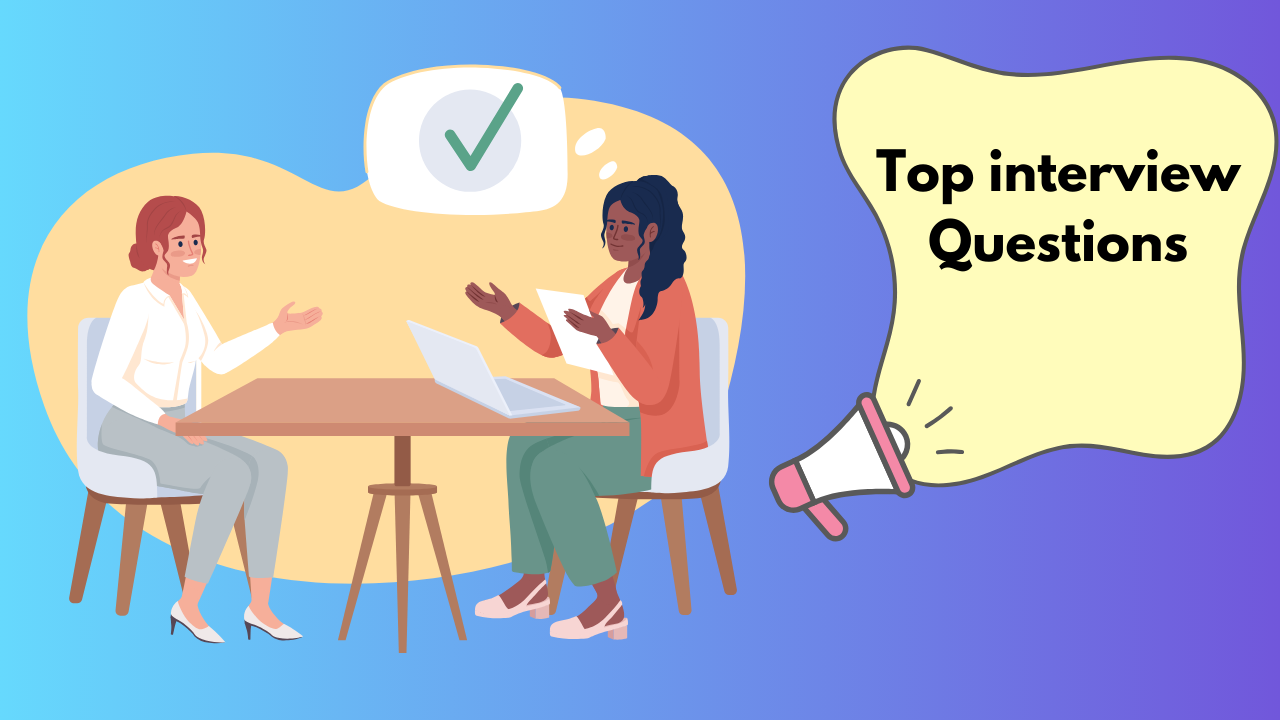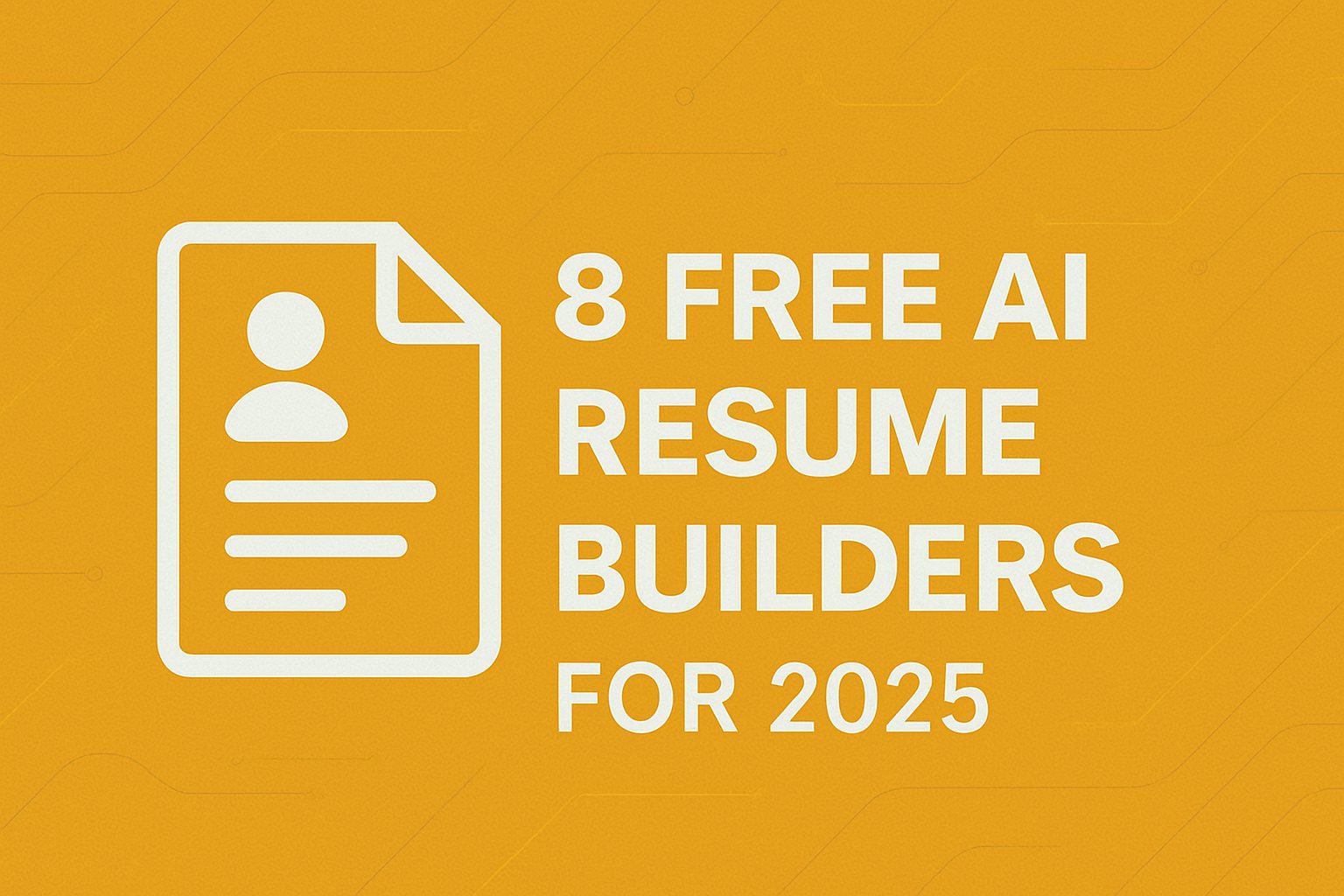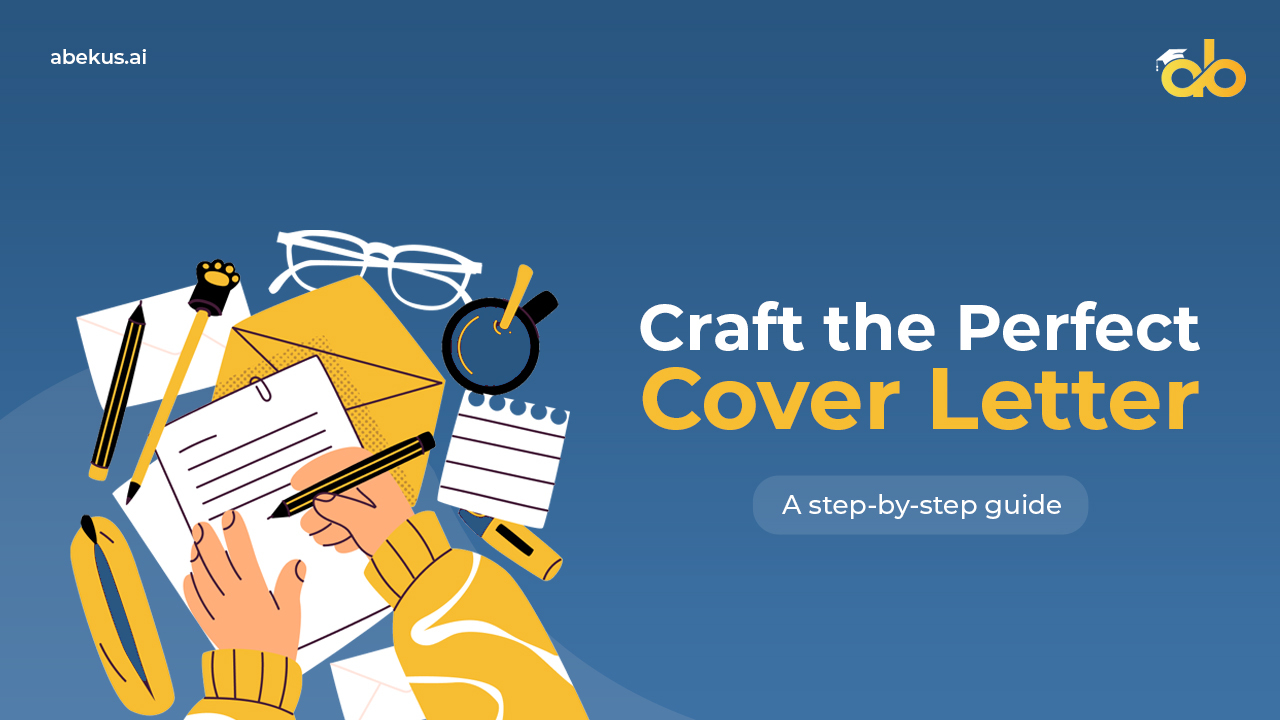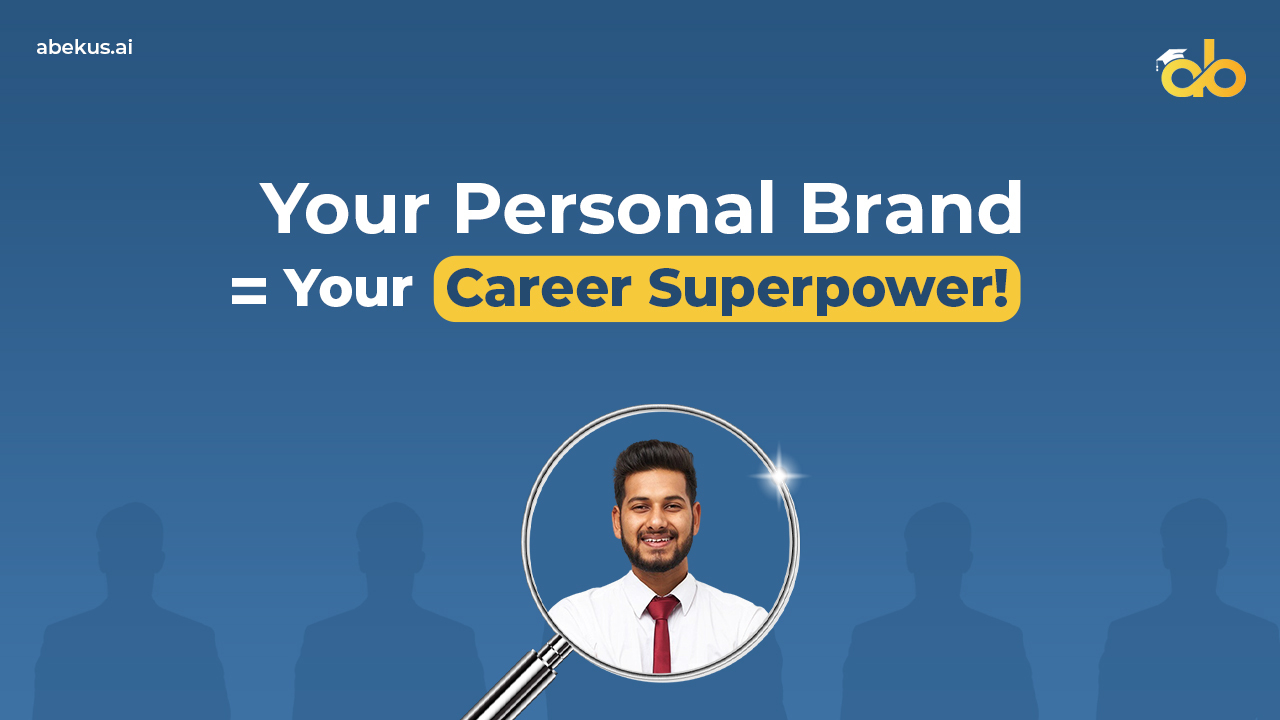Introduction
Interviewing for a job can be a nerve-wracking experience. You walk into the room, your palms slightly sweaty, and you’re trying to remember everything you’ve prepared. The best way to alleviate this anxiety is to prepare for the most common questions that interviewers ask. Understanding these questions and how to answer them effectively can make all the difference in landing your dream job. At Abekus Jobs, we’ve curated top interview questions asked by interviewers.
Behavioral Questions
Behavioral questions are designed to learn more about your past experiences and how you’ve handled certain
situations. These questions give the interviewer insight into how you might behave in future scenarios.
Tell Me About Yourself
This is often the first question in an interview, and it’s your opportunity to set the tone. Focus on your professional background, highlighting your most relevant experiences, and keep it brief. Avoid going too deep into personal life details unless they relate directly to the job.
Can you talk about an instance when you encountered a difficult situation at work?
Interviewers want to know how you deal with obstacles. Select a particular example that showcases your ability to solve problems. Explain the situation, the steps you took, and the result. Emphasize your ability to remain calm and think critically under pressure.
How Do You Handle Stress and Pressure?
Work can be stressful, and employers want to know you can handle it. Share strategies to manage stress, such as staying organized, prioritizing tasks, and taking breaks when needed. Provide an example where you successfully managed stress in a high-pressure situation.
Situational Questions
Situational questions are similar to behavioral questions, but they focus on how you would handle hypothetical scenarios.
What Would You Do If You Were Faced with a Tight Deadline?
In many jobs, deadlines are a fact of life. This question assesses your time management skills. Explain how you would prioritize tasks, seek help if necessary, and communicate effectively with your team to meet the deadline.
How Would You Handle a Disagreement with a Colleague?
Conflict in the workplace is inevitable, but handling it professionally is key. Describe a time when you had a disagreement and how you resolved it through communication and compromise. Highlight your ability to work as part of a team, even when differences arise.
Could you share a situation where you exceeded expectations or went the extra mile?
An employee who goes an extra mile to meet or exceed expectations are always appreciated. Share a specific instance where you exceeded expectations, demonstrating your dedication and willingness to take initiative.
Skills and Experience Questions
These questions help the interviewer assess your qualifications for the role.
What Are Your Strengths and Weaknesses?
Be honest but strategic in your answer. Choose strengths that are relevant to the job and a weakness that you’re actively working to improve. For example, if you struggle with public speaking, mention how you’ve been taking courses to enhance this skill.
Why Should We Hire You?
This is your chance to sell yourself. Highlight your unique skills, and experiences, and how they align with the job requirements. Go through how your inclusion in the team will benefit the company.
Can You Walk Me Through Your Resume?
The interviewer wants to hear about your professional journey in your own words. Discuss your experiences in a way that shows how each role prepared you for this opportunity. Highlight how your prior achievements will align and relate with the job you’re applying for.
Company-Specific Questions
These questions gauge your interest in the company and your fit within its culture.
Why Do You Want to Work Here?
Have a knowledge about the company beforehand and list our aspects that drive your attention. Whether it’s the company’s mission, culture, or growth opportunities, show that you’ve done your homework and are genuinely interested in joining the team.
What Do You Know About Our Company?
Interviewers apprentice candidates who take the time to learn about the company. Share insights about their products, services, industry standing, or recent news. This shows your enthusiasm and proactive nature.
Where Do You See Yourself in Five Years?
This question is designed to assess your long-term goals and whether they align with the company’s direction. Be realistic but ambitious, and show that you’re looking to grow with the company.
Questions for the Interviewer
At the end of the interview, you’ll usually have the chance to ask your questions. This is an opportunity to demonstrate your interest and gather valuable information.
What do day-to-day tasks look like?
This question helps you understand what the job will be like on a day-to-day basis. It also shows that you’re thinking about how you would fit into the company.
How Do You Measure Success in This Position?
Get an understanding of how your performance will be evaluated. This question shows that you’re focused on doing well and meeting the company’s expectations.
What Are the Next Steps in the Interview Process?
This is a great way to end the interview. It shows that you’re interested in moving forward and helps you understand the timeline for a decision.
Conclusion
Preparing for some basic and common questions calms you down and can get you confidence and better performance during the interview. By practicing your answers, you’ll be able to articulate your experiences and skills effectively, leaving a lasting impression on the interviewer. Remember, the key is to be authentic, stay calm, and show enthusiasm for the role.
FAQs
What Should I Avoid Saying in an Interview?
Avoid speaking negatively about previous employers, giving vague answers, or sharing overly personal information.
How Long Should My Answers Be?
Keep your answers concise and to the point. Aim for about 1-2 minutes per question, unless asked to elaborate.
When Should I ask about the salary?
It’s generally best to wait until the later stages of the interview process to discuss salary unless the interviewer brings it up first.
How Can I Make a Good Impression?
Be punctual, dress appropriately, and show genuine interest in the role. Confidence and a positive attitude go a long way.
What Should I Bring to an Interview?
Bring multiple copies of your resume, a list of references, a notepad, and a pen. If applicable, you may also want to bring a portfolio of your work.






